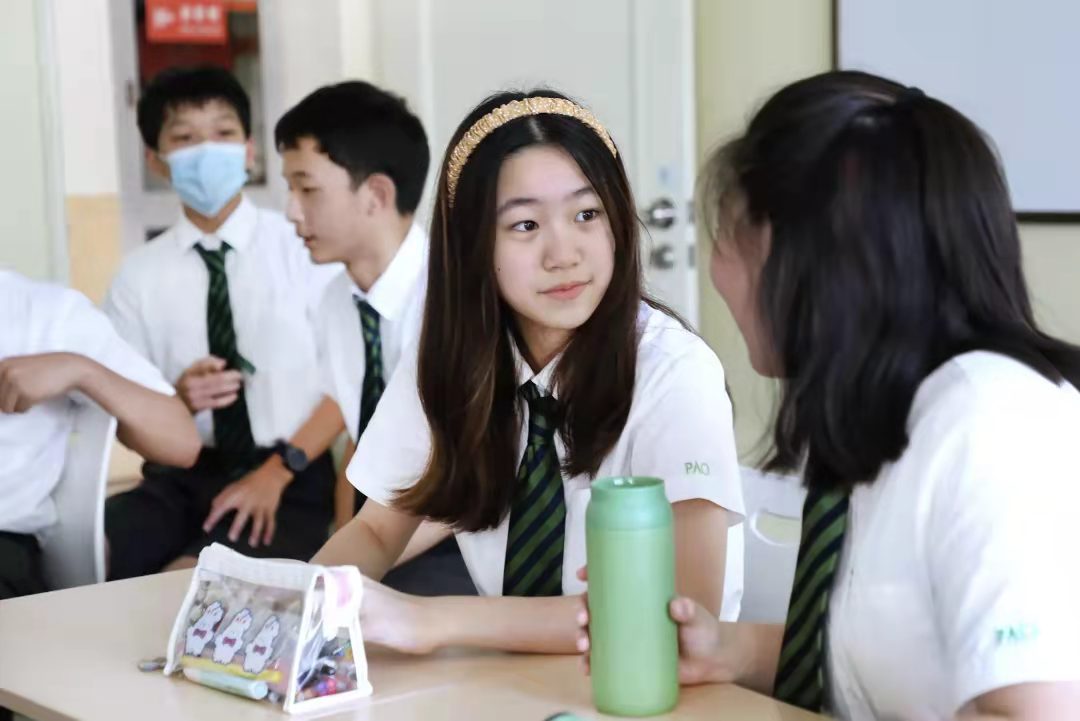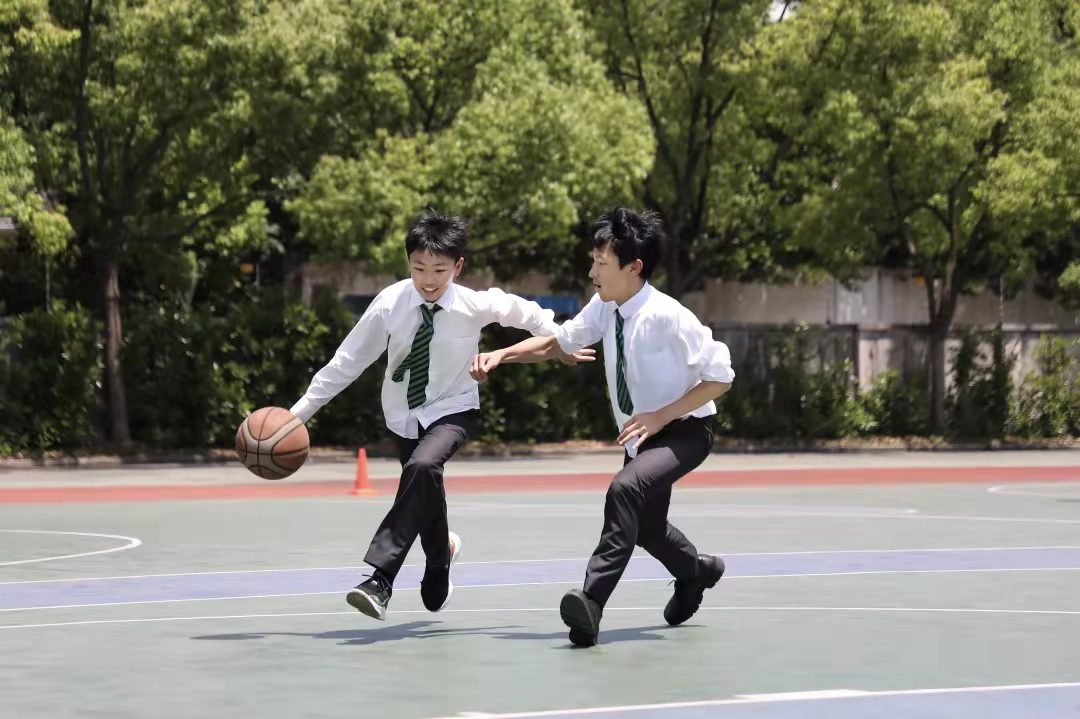Recently, reporters from Xinhua News Agency visited YK Pao School’s Hongqiao
campus to take a deep dive into a Year 7 drama class and experience for themselves
some of the innovative teaching approaches at Pao School.
Please read the article below.
GLOBALink | Exploring the return of English education to its roots at Pao Middle School
Over the past few years, it has become increasingly common for Chinese children to attend after-school off-campus training programmes. However, following the introduction of the “double reduction” policy in June 2021, this trend has changed. With the reduction in such off-campus learning, questions have arisen about whether children’s English learning has been adversely affected. Now, as a result, parents are showing an increased interest into on-campus English learning. With this in mind, reporters from the the Xinhua News Agency visited YK Pao School’s Hongqiao campus to sit in on a Year 7 English drama class.
YK Pao School’s Primary and Middle Schools are home to more than 1,300 students and 160 teachers. The English education programme is based on the national curriculum standards, though also features its own unique elements, such as English drama.

All Year 6 and 7 students at Pao School take English drama, while it is an elective course for Year 8 students. In drama, students use English as they cultivate skills such as spoken English for acting and written English for scriptwriting. Through this type of practise, students learn to express themselves confidently in English.

Pao School’s drama class reflects the school's immersive English education philosophy. Drawing on the diverse experience of its foreign teachers, the school strengthens students’ English skills as well as cultivates their international perspective and cross-cultural communication skills.
For many years, attending off-campus programmes was considered an important part of learning English. Yet there were common problems such as the classes had an unbalanced focus on "raising scores" rather than "nurture talents.”
Teachers and students interviewed by Xinhua News said that after the introduction of the “double reduction” policy, students could better concentrate in the classroom and had more free time after class. Their classroom learning was more comprehensive and thus they were better able to apply what they learned to their own areas of interest.

Source: Xinhua News Agency